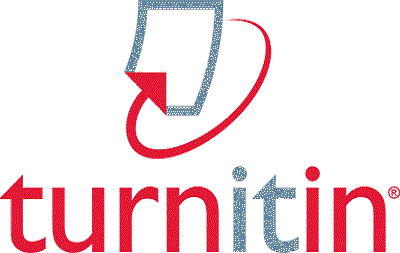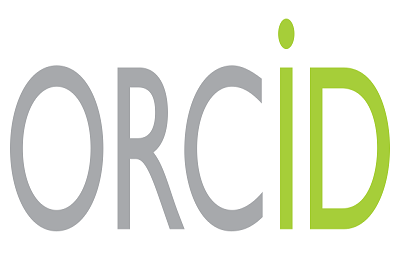Effects of Using the Above the Cognitive Strategy on Collection of Census Material and the Academic Achievement Motives of Physical Education Students
Main Article Content
Abstract
The research aims to identify the effects of strategy over the cognitive and the lecture method in the development of academic achievement motivation among the students of the second phase in the school of Physical Education at the University of soran. The difference between knowledge and strategy .The study in achieving its goals on the experimental method.
the researcher to a set of conclusions, including the teaching according to the above strategy is effective knowledge was the largest increase in achievement motivation and development of academic. Agree on procedures for teaching strategy according to the above.
The researcher put a set of recommendations, including: Adoption of teaching according to the strategy defined in the above article Methodology teaching. Guide the faculty in the colleges of physical education to not only the traditional methods.
Article Details

This work is licensed under a Creative Commons Attribution-NonCommercial 4.0 International License.
References
Abdullah, Q., & Mazghish, K. (2005). Learning Strategies. Ministry of National Education.
Abu Ataya, Y. (2007). A proposed constructive model for the development of metacognitive skills in mathematics among ninth grade students in Gaza. A Research Published in the Palestinian Experience Conference .
Abu Jado, A., & Nawfal, B. (2007). Teaching Thinking Theory and Practice. Dar Al Masirah for Printing and Publishing.
Al-Hashemi, A.-R., & Al-Dulaimi, T. (2008). Modern Strategies in the Art of Teaching. Dar Al-Manhaj Publishing House.
Al-Hila, M. (2003). Teaching Methods and Strategies. University Book House.
El-Sherbiny, F., & El-Tantawy, E. (2006). Metacognitive Strategies between Theory and Practice. The Egyptian Bookshop for Publishing.
Fares, I. (2006). The Effectiveness of a Program Based on Multiple Intelligences in Developing Academic Achievement and Metacognitive Skills for High School Students in Psychology.
Hussein, H. (2009). The Impact of the Metacognitive Teaching Strategy on the Literary Fifth Grade Students.
Karr, J. E., & White, A. E. (2022). Academic self-efficacy and cognitive strategy use in college students with and without depression or anxiety. Journal of American College Health, 1–7. https://doi.org/10.1080/07448481.2022.2076561
Mahmoud, B. (2004). Learning methods for children with special needs. The World of Books for Printing and Publishing.
Oxford, R. (1996). : Language Teaching Strategies. Anglo-Egyptian Bookshop.
Poplavskaya, A., & Soboleva, N. (2019a). Realization of Male and Female Achievement Motives in the Labor Markets across the World.
Poplavskaya, A., & Soboleva, N. (2019b). Realization of Male and Female Achievement Motives in the Labor Markets across the World.
Quirin, M., Loktyushin, A., Küstermann, E., & Kuhl, J. (2022). The Achievement Motive in the Brain: BOLD Responses to Pictures of Challenging Activities Predicted by Implicit Versus Explicit Achievement Motives. Frontiers in Psychology, 13. https://doi.org/10.3389/fpsyg.2022.845910
Shehata, H., & Al-Najjar, Z. (2003). A Dictionary of Educational and Psychological Terms. The Egyptian Bookshop for Publishing.
TOYAMA, M. (2015). Reliability and Validity of the Cognitive Strategy Scale. The Japanese Journal of Educational Psychology, 63(1), 1–12. https://doi.org/10.5926/jjep.63.1
Weinert, F. E., & Kluwe, H. R. (1987). Metacognition motivation and under standing London.
Yassin, W., & Muhammad, H. (1999). Statistical applications and computer uses in physical education research. Dar Al-Kutub for Printing and Publishing.





 IASJ
IASJ CC-BY-4.0
CC-BY-4.0 turnitin
turnitin ISSN
ISSN DOAJ
DOAJ Crossref
Crossref GoogleScholar
GoogleScholar Orcid
Orcid